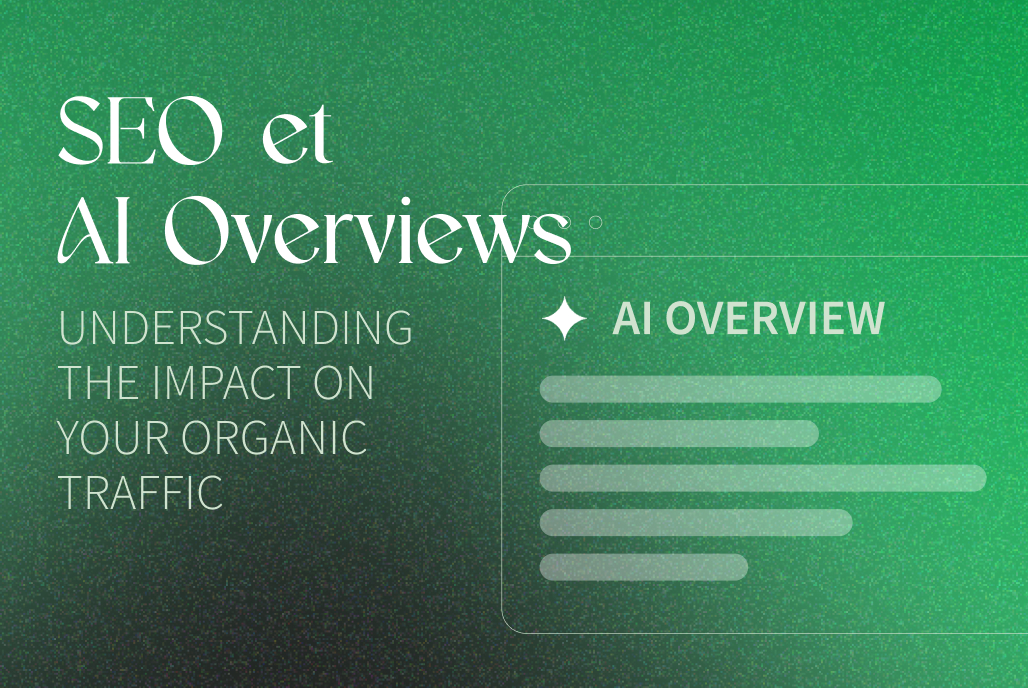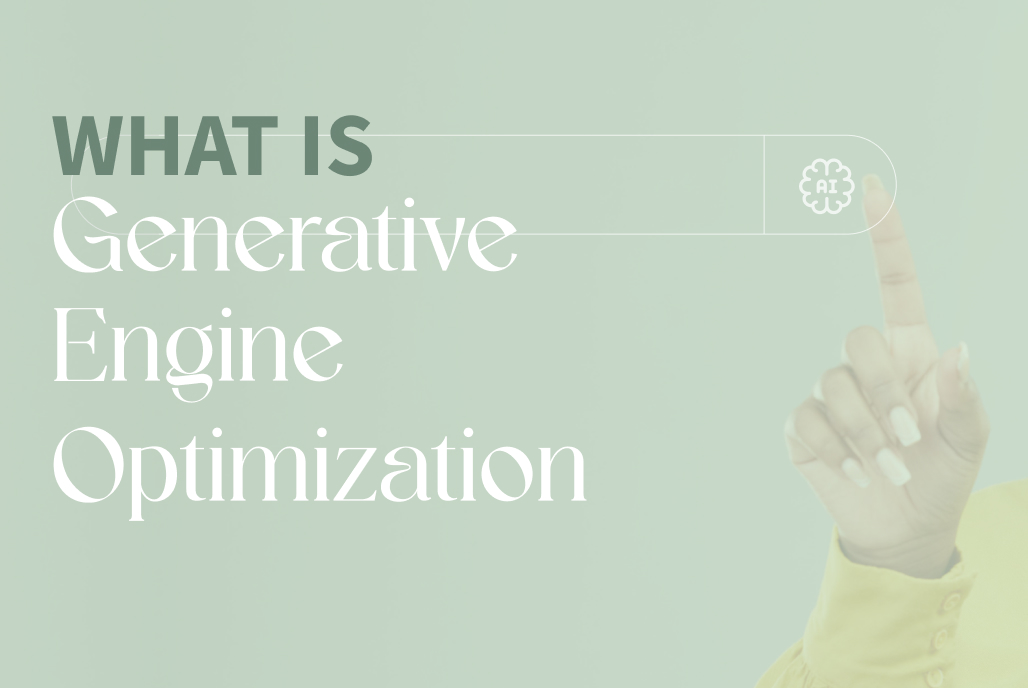Artificial intelligence is transforming the way we interact with the web, including search engines. With the rise of AI-powered search engines like ChatGPT, Perplexity, Gemini, Copilot, and Google AI Overviews, a new approach to search engine optimization is emerging: Generative Engine Optimization (GEO).
But what exactly is GEO, and will it replace traditional SEO? Let’s break down this new reality in digital marketing.
1. What is Generative Engine Optimization (GEO)?
GEO (Generative Engine Optimization) is an evolution of traditional SEO that focuses on optimizing content for AI-powered search engines. Unlike traditional search engines like Google Search, these new AI-driven platforms don’t just display a list of results, they generate full, context-aware responses based on user intent and behavior.
In other words, GEO helps brands position themselves within AI-generated responses when users search for information related to their products, services, or expertise. It’s no longer just about ranking in search engine results pages (SERPs) but also about being integrated directly into AI-driven answers.
2. Will GEO Replace SEO?
No, GEO will not replace SEO—instead, it complements it. Traditional SEO remains essential for classic search engines, which will continue to drive significant traffic. However, as search behaviors evolve with AI, it becomes crucial to adapt content to be recognized by these new tools.
Rather than seeing GEO as a replacement for SEO, it should be considered a new optimization channel, built on similar foundations but adapted to the unique features of generative search engines.
3. Differences Between SEO and GEO
| Criteria | SEO (Search Engine Optimization) | GEO (Generative Engine Optimization) |
| Goal | Improve ranking in traditional search engines (Google, Bing). | Optimize content to appear in AI-generated responses. |
| How It Works | Based on search algorithms and SERP rankings. | Based on real-time query analysis and user intent recognition. |
| Type of results | Links to web pages. | AI-generated contextualized answers. |
| Targeting | Based on keywords and user search queries. | Ciblage basé sur les intentions et les comportements observés par l’IA. |
| Criteria | SEO (Search Engine Optimization) | GEO (Generative Engine Optimization) |
| Goal | Improve ranking in traditional search engines (Google, Bing). | Optimize content to appear in AI-generated responses. |
| How It Works | Based on search algorithms and SERP rankings. | Based on real-time query analysis and user intent recognition. |
| Type of results | Links to web pages. | AI-generated contextualized answers. |
| Targeting | Based on keywords and user search queries. | Adapts to AI advancements and generative model updates. |


